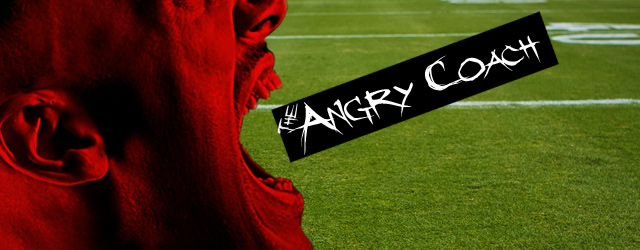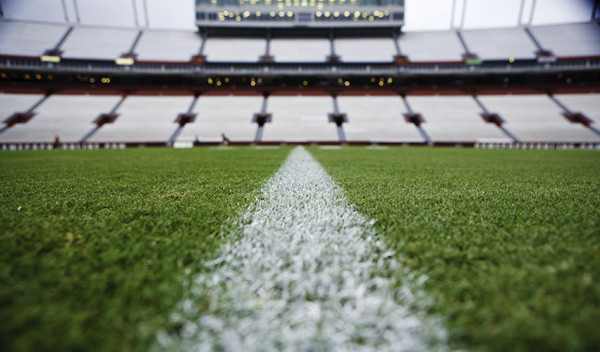
elitefts™ Sunday edition
But He Played Ball
I'm going to go back to an argument I had with a guy about the efficacy of bench pressing for football players. All these months later, this issue still irritates the shit out of me – not because the guy I was arguing with was right or wrong, but because of the rationale behind it and the can of worms it opens up with regard to who we listen to and where we go for new training information.
To sum this up, I was told that the bench press has no application for football players, and that it's more harmful than helpful. I disagree with this completely, but that's not my issue. My issue is that the guy I was arguing with quoted two people who made this claim. One of these never played or coached football, but the other guy he quoted was a former Division I player who evidently benched over 450 pounds raw, which obviously means he spent some time benching.
I'll refer to this as the "But he played ball" fallacy.
I often refer (in posts, in clinics, and to anyone who'll listen), to five guys who helped shape my philosophy when it comes to training football players. These guys are, in no particular order: Buddy Morris, James Smith, Mark McLaughlin, Joel Jamieson, and Landon Evans. When they talk, I listen. I quote them, I read their shit, and I follow their advice. None of these five guys played football in college. Buddy was a collegiate sprinter. Landon was a nerd. Mark, I believe, played baseball. James played the guitar. And Joel...who the hell knows?
The one thing these guys understand, however, is cause-and-effect, and they understand it because they've all done a systematic, scientific study of the sport. What I'm about to say may not be true across the board, but I'd venture to say there's a shitload of trainers who have athletes that make All-Conference and All-State that connect what they're doing in the gym to the kid's performance on the field, i.e., if you follow some dude's "10 BEST STRONGMAN EXERCISES FOR FOOTBALL!!! WITH CHAINS!!! AND SKULLS!!!" you, too, will produce all-state athletes because a couple of his kids (who would have done it anyway) made it.
"He flips tires. He's an all-state lineman. Ergo, flipping tires has made him an all-state lineman."
Ask them the biomechanical and bioenergetic considerations of what they're doing, however, and they won't make the connection. They just know that flipping tires and puking are "hardcore shit" that makes kids tougher. Meanwhile, there are coaches out there like James and Mark who actually performed these studies – biomechanically and otherwise – and whose athletes would laugh at what some of these guys consider "hardcore."
But back to the "But he played ball" argument.
"Playing ball" doesn't mean shit. When you "play ball," all you really know about, for the most part, is your own position. Sure, you have to know where other guys are going to be, and the rudimentary aspects of coverages, etc, etc. But if, 15 years ago, you asked me to teach a wide receiver how to release five different ways (and then train him to get better at it), you might as well ask me to teach the guy how to ice skate. How the f--k would I know?
It's the same situation with the guy at one of my teams pissing and moaning about me not putting butt kicks in the warm-up, and then the head coach saying, "Well maybe he has a point. He was a good player." Well, shit. So was I. And I never did a f-ing butt kick in my life.
This is why, years ago, I swung around to the Soviet methodology all these guys are always talking about. Coaches need qualifications. There are things you need to study, observe, and know in order to coach and train football players. Simply producing kids who win honors without knowing precisely WHY you're doing so (and even worse, attributing it to your bullshit tire-flipping regimen) doesn't cut it, and it's irresponsible. This is why I go back to James's eternal question:
How much BETTER could they be? I don't want to fill in the blank here by saying "if they never trained with you," but I guess I just did.










